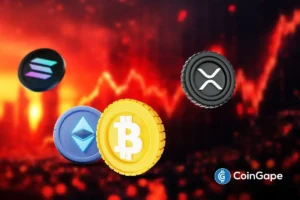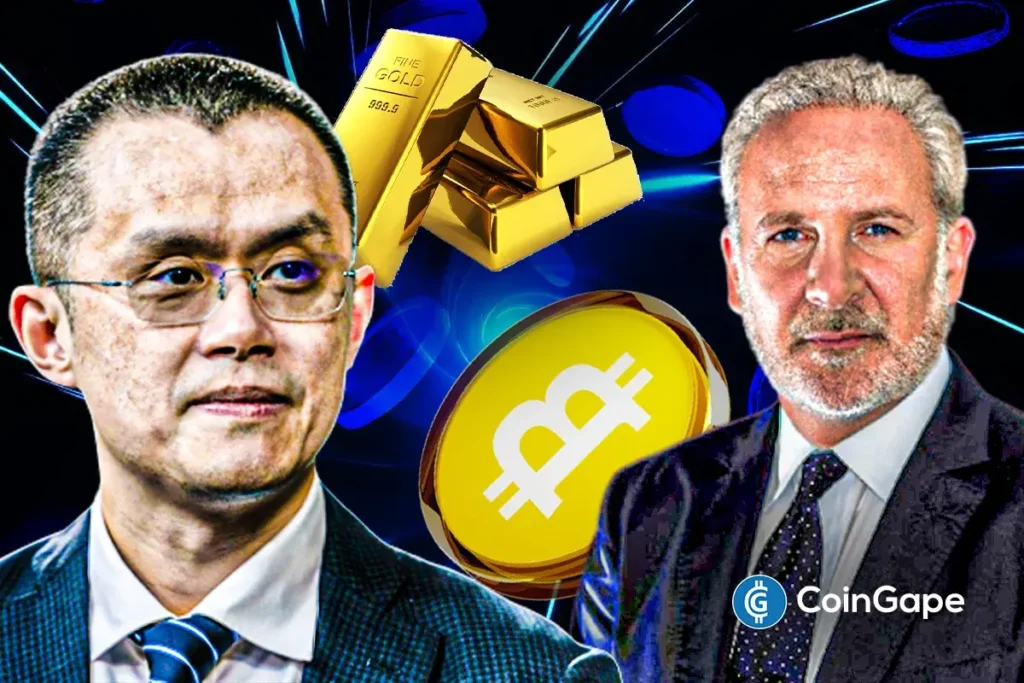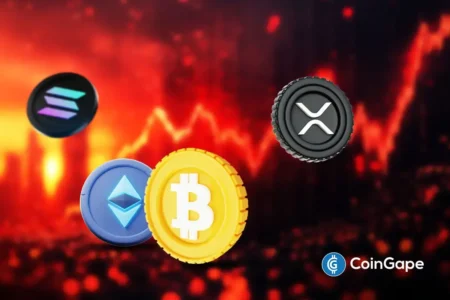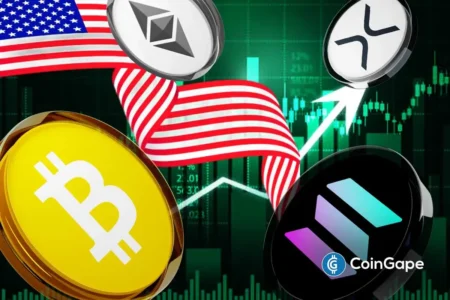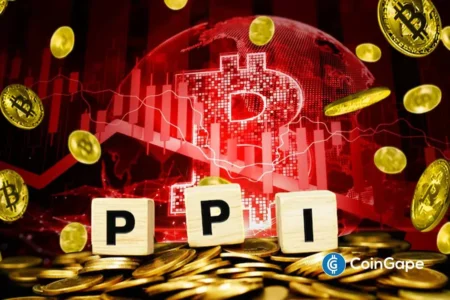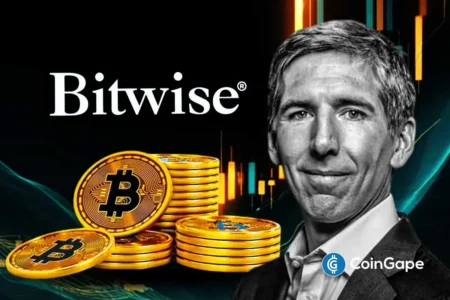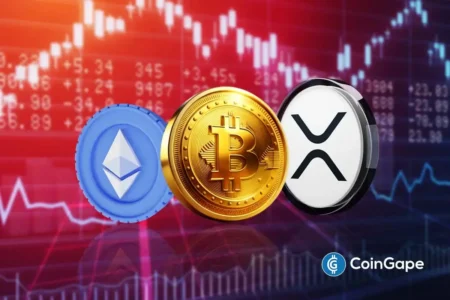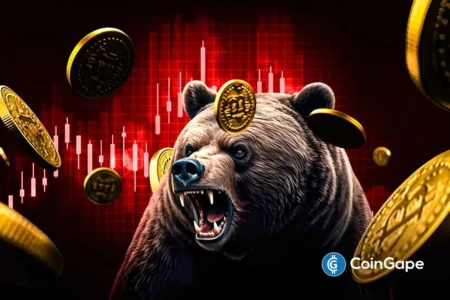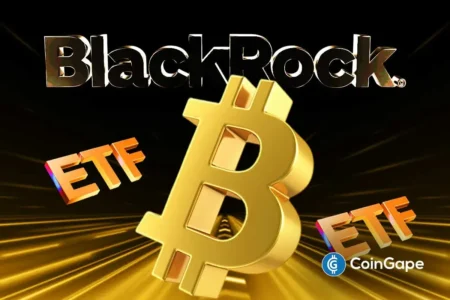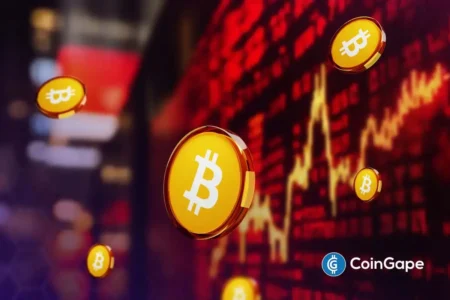Bitcoin vs. Gold: The Great Debate Initiated by Peter Schiff and Changpeng Zhao
In the ever-evolving landscape of digital finance, the longstanding rivalry between Bitcoin and gold has come to the forefront once again. Renowned economist and Bitcoin critic Peter Schiff has extended a challenge to Binance co-founder Changpeng Zhao, or "CZ," for a high-stakes debate. Their proposed discussion will delve into which asset more effectively fulfills the requirements of money, considering crucial roles such as medium of exchange, unit of account, and store of value. This debate not only highlights the contrasting perspectives on Bitcoin and gold but also underscores the growing interest in the comparative analysis of traditional and digital assets.
Schiff’s Challenge and the Context of the Debate
Schiff took to social media platform X to lay down the gauntlet, inviting CZ to discuss the merits of Bitcoin versus tokenized gold. This invitation is particularly timely as Schiff is reportedly planning to launch a tokenized gold product, adding fuel to the debate fire. Interestingly, Zhao has already responded, emphasizing that tokenized gold, in his view, does not equate to "on-chain" gold. This contention sets the stage for an intriguing exchange as both figures represent vastly different ideologies regarding what constitutes real value in today’s financial landscape.
Market Reactions: Gold’s Decline vs. Bitcoin’s Resurgence
Recent market dynamics have exacerbated the Bitcoin-versus-gold debate. Gold prices have fluctuated, experiencing its largest daily decline since 2013, coinciding with a surge in Bitcoin’s value. Investor Anthony Pompliano commented on this turning point, suggesting that a shift from gold to Bitcoin has begun. Pompliano’s perspective is clear: gold has underperformed significantly since 2020, losing substantial purchasing power compared to Bitcoin. His assertion that Bitcoin represents a "finite sound money asset" positions it as a superior choice for investors seeking value retention and growth.
A Potential Rotation: Could Bitcoin Overtake Gold?
The buzz around Bitcoin’s potential to "flip" gold is palpable. Changpeng Zhao has made a bold claim that Bitcoin will someday surpass gold in market capitalization, despite the significant gap that currently exists—gold’s market cap sits around $30 trillion, while Bitcoin hovers at $2 trillion. Although Zhao acknowledges uncertainty regarding the timeline for this crossover, he remains optimistic about Bitcoin’s potential to outshine gold. His assertion that gold will not become obsolete indicates a respect for traditional assets while championing the advantages of Bitcoin.
The Performance Metrics: Analyzing Historical Gains
CZ has pointed out that Bitcoin has outperformed gold historically, drawing attention to its impressive growth since its inception. While Bitcoin has escalated from a mere $0.004 to its current astronomical valuations over 16 years, gold’s appreciation appears more modest in comparison. This performance analysis becomes a critical point in the debate, as proponents on both sides may use these metrics to argue whether digital or physical assets are ultimately more reliable for wealth accumulation.
Looking Ahead: Implications for Investors and The Financial Landscape
The impending debate between Schiff and Zhao promises to illuminate key aspects of investment reasoning in the age of digitization. As both parties prepare to articulate their viewpoints, investors keenly watch for insights that could sway opinions on asset value and financial strategy. The compelling narrative of Bitcoin versus gold—traditional store of value versus modern digital asset—continues to captivate the public and experts alike, making it crucial for investors to stay informed.
In conclusion, the impending debate between Peter Schiff and Changpeng Zhao encapsulates essential themes in the ongoing discussion about the future of money and value retention. By exploring the nuances between Bitcoin and gold, investors can gain insights that transcend mere asset comparisons, helping to navigate the complexities of wealth management in a rapidly changing financial ecosystem.

